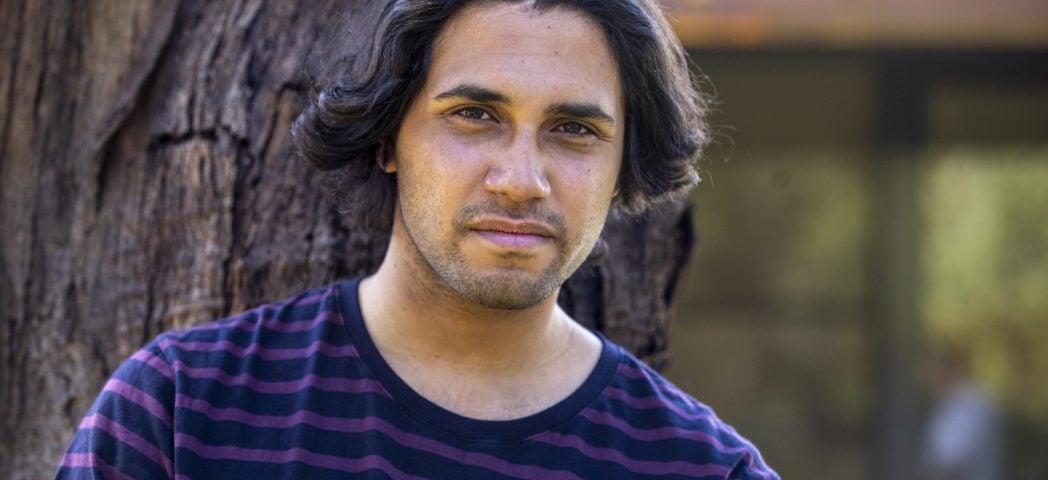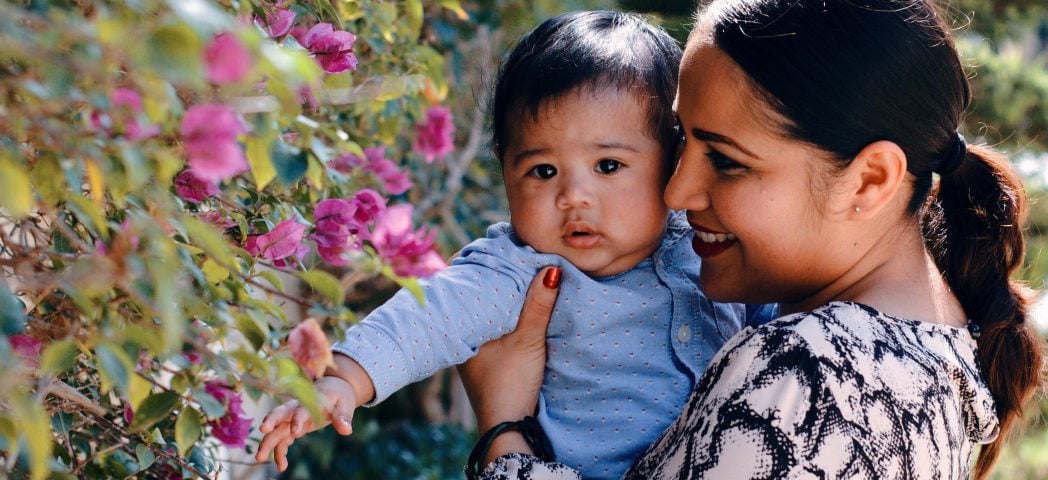For some communities, family honour is considered an important aspect of their culture.
When a family member becomes unwell, it can bring shame to the family honour. Additionally, matters like this are traditionally only spoken about privately within the family, not outside – however sometimes it isn’t even spoken about within the family. Due to this, many people don’t seek out professional help and support, or even from their own family (LOTE Agency).
Sometimes, carers focus on the symptoms of the person they are caring for and how they can best treat that, rather than focus on their own mental health and wellbeing, and how this can affect the care they are providing. It is also a lot easier for some people to provide help, rather than to accept it themselves.
Because of these issues, carers from culturally and linguistically diverse communities are more likely to be ‘hidden carers’. A hidden carer is when someone provides care for someone, but doesn’t identify with the term carer. Therefore, hidden carers don’t usually access the traditional supports and services that can help them.






